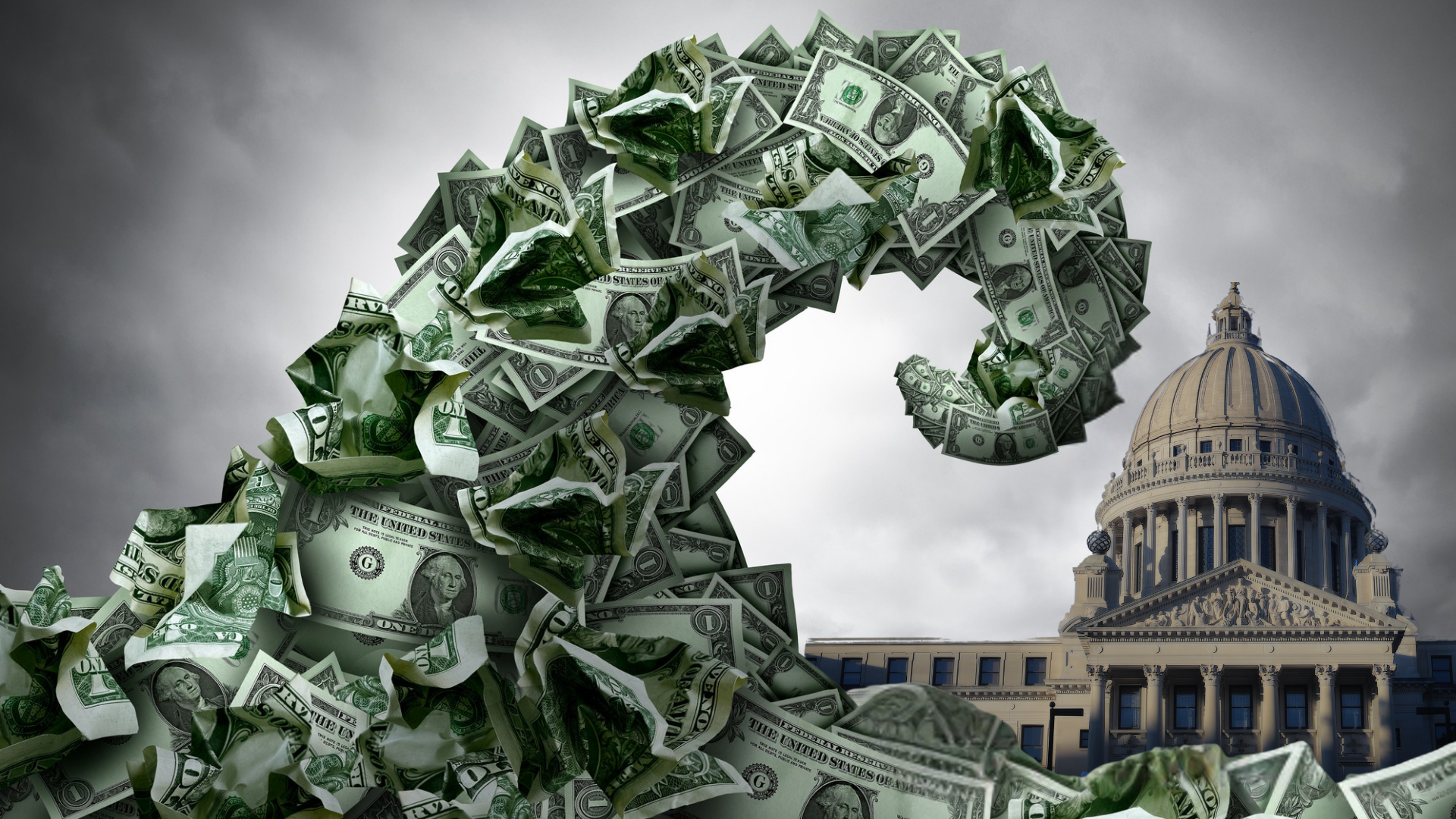The legislature worked hard to keep voters from weighing in directly on the new capital gains income tax with a laughable emergency clause to prevent our right of referendum. Though some call non-binding tax advisory votes also laughable, voters will nonetheless get a chance to voice an opinion on the new capital gains income tax next month. The Seattle Times editorial page and Tax Foundation recently highlighted Advisory Vote 37 on whether to repeal the new capital gains income tax.
From the Seattle Times editorial:
“A judge will decide whether the Washington Legislature’s hastily enacted capital-gains tax violates the state constitution, but voters should signal their displeasure by encouraging lawmakers to repeal Advisory Vote No. 37.
Elected Democrats took advantage of one-party rule last spring to shoehorn this massive change into state tax code even as a bipartisan Tax Structure Work Group was studying comprehensive tax reform . . .
Advisory votes don’t repeal the law, but they do reveal public opinion about revenue-increasing legislation. They are an artifact of a voter initiative requiring any legislative tax or fee increases to appear on the ballot.
The least state lawmakers deserve for their premature maneuver is a collective thumbs down from the people they’re supposed to represent.”
The Tax Foundation says about Advisory Vote 37:
“Although the ballot measure asking voters to recommend on retaining or repealing the new tax is purely advisory, this gauge of voter sentiment could be particularly illuminating as Washington barrels forward on the implementation of a highly volatile, constitutionally suspect tax that breaches the state’s historic barrier against income taxation . . .
As legal reasoning goes, the excise tax argument is weak, since the tax adopted by the legislature in no way functions like an excise tax. Not only are capital gains taxed as income in every state with an income tax, and by the federal government, but the proposal here is not to tax the transaction but rather the net—which is to say, the net income . . .
This tax isn’t on capital gains transactions, or on the privilege of buying and selling investment instruments. It is on the net of gains and losses over the course of a defined period. That is decidedly an income tax—on a narrow class of income, but an income tax nonetheless. Across the country, courts have historically cared about substance over form when it comes to taxation, and certain substance over name. Simply styling a tax on a class of income as an excise tax doesn’t change its fundamental character.
Legal challenges to the tax are already pending and may ultimately do more to stop it in its tracks than can a nonbinding advisory vote. Nevertheless, the fate of Advisory Question 37 is an important one, not only because the capital gains tax itself would be economically harmful, or because it shows an irreverence for the state constitution, a concern in its own right. It’s also important because if voters signal their opposition to taxing this specific class of income, that sends a strong message that they are decidedly uninterested in efforts to scrap the state’s ban on a broader income tax.”
On that point of signaling continued opposition to income taxes, this is precisely why we’ve seen more than 10 local governments in Washington take steps to ban a local income tax.
Binding or not, with lawmakers denying us our right of referendum on the new capital gains income tax, Advisory Vote 37 provides Washingtonians an opportunity to send lawmakers a message. Even if only symbolically.
Additional Information
Tax Foundation: Washington Voters to Weigh in on New Capital Gains Income Tax
Capital gains income tax interview with University of Washington tax expert Professor Schumacher
Capital gains income tax quotes – who said it?





